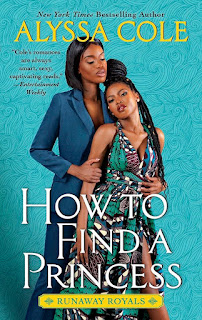Ask an Editor
**********************************Interview*********************************
WR: What advice would you give to an author to effectively work with an editor?
Erika: Having open communication with your editor is very important. Don’t be afraid to share your thoughts. I’d rather an author tell me outright if they don’t like something (or if they do!), or if they disagree about an editorial note. Tell me what you’re thinking, and then we can discuss and figure it out together.
WR: As a follow up: What is one mistake that can be avoided when authors submit their manuscript for editing?
Erika: I assume you’re referring to the actual submission of a manuscript, and not about the manuscript itself? Well, let me answer both.
First, make sure you’re submitting to an editor who acquires in the genre you’re writing in. If you submit a fantasy to an editor who only has historicals on their list, you’re submitting to the wrong editor. If you submit your collection of essays to an editor who has commercial fiction on their list, you’re submitting to the wrong editor.
Second, run spellcheck on your manuscript before submitting. Spelling errors are very distracting and takes me out of the reading experience. Am I going to reject a manuscript simply on the number of misspelled words? No. But it tells me something about an author when they can’t be bothered to do something so simple as run spellcheck.
WR: What role do you think an editor plays to support a compelling story?
Erika: I consider myself a project manager. In addition to editing, it’s my job to be my author’s advocate, and that includes making sure my excitement is shared by Sales and Marketing and Publicity when I present the story at various meetings. I also make sure we have the best cover art possible, which means working with the art department. And then there’s writing strong and compelling cover copy. I think the only thing I don’t do is press the “Print” button at the printers!
WR: As a follow up: How can editing aid in ensuring diverse stories are told with care?
Erika: I trust my authors to have done their research, and to tell their stories responsibly. At the same time, it’s important for editors to educate themselves when they’re providing feedback about a culture they’re not familiar with.
WR: What other information would you like to share?
Erika: For anyone who’s interested in having hands-on experience in the publishing industry, HarperCollins offers three 10-week paid internship programs throughout the year. We should be posting for Fall in late July/early August. Please keep an eye out: Careers Internships – HarperCollins.
Thank you to Erika for sharing this helpful information. If you are interested in learning about Avon, check out the Avon Romance About Us – HarperCollins.
Happy Writing!


.png)

Comments
Post a Comment
Thank you for contacting Weekend Reader, I will be in touch as soon as I read your comment. Happy Reading!